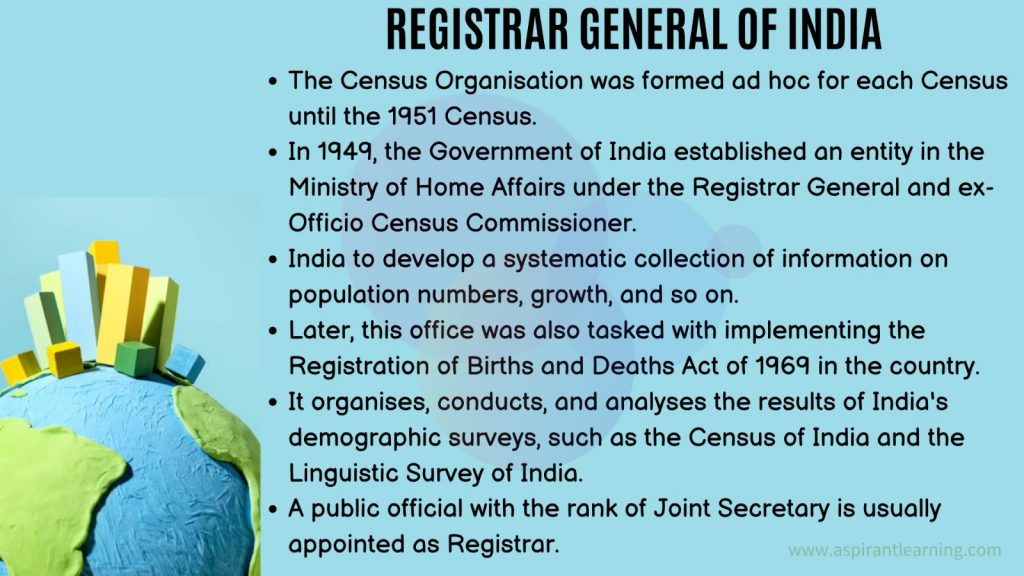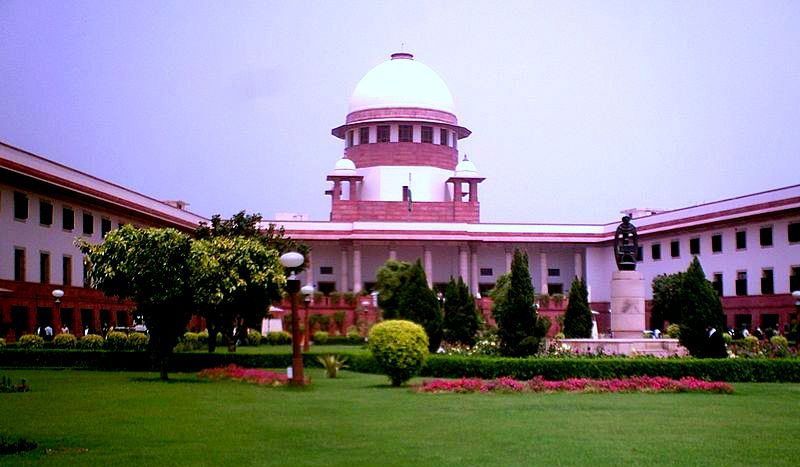News Highlight
SC to study if J. Ranganath Mishra’s panel data can be used to decide on a quota for Dalit converts.
Key Takeaway
- The Supreme Court stated on Wednesday that the Justice Ranganath Mishra Commission for Religious and Linguistic Minorities report from 2007.
- It advocated for Dalit conversion to Christianity and Islam to be granted Scheduled Caste status.
- It is not “perfunctory,” and the government may need to “re-check” its position on the report.
Ranganath Report
- Key Findings
- Dalit converts to Christianity and Islam should be given Scheduled Caste reservations.
- It was stated in the Justice Ranganath Mishra Commission for Religious and Linguistic Minorities’ 2007 report.
- Dalit Christians and Muslims experience prejudice from members of their own religion’s upper castes and the larger Hindu-dominated society.
- The exclusion of Dalit Christian and Muslim converts from the SC category breaches the constitutional promise of equality.
- It contradicts the fundamental precepts of many religions, which oppose caste prejudice.
- The denial of SC status to Dalit Christians and Muslims has resulted in their socioeconomic and educational backwardness.
- They have denied them access to educational and job reservations (as allowed in Article 16).
Constitution Order of 1950
- About
- When adopted, the Constitution (Scheduled Castes) Order of 1950 initially called for only Hindus to be recognised as SCs.
- To remedy the social impairment caused by the practice of untouchability.
- The Order was modified in 1956 to include Dalits who converted to Sikhism and again in 1990 to include Dalits who converted to Buddhism.
- The reports of the Kaka Kalelkar Commission in 1955 and the High-Powered Panel (HPP) on Minorities, SC, and ST in 1983 aided both revisions.
- The Union government rejected admitting Dalit Christians as SC members in 2019, citing an Imperial Order issued by the then-colonial administration in 1936.
- It had first categorised a list of the Depressed Classes, deliberately excluding “Indian Christians” from the list.
Why are Dalit Christians and Muslims Excluded?
- Avoid Surge in SC Population
- The Registrar General of India (RGI) had warned the administration that SC status could be revoked.
- It is intended for communities experiencing social disabilities due to the practice of untouchability.
- It was observed to be common in Hindu and Sikh groups.
- It further stated that such a move would significantly increase the number of SCs in the country.
- Diverse Ethnic Groups who Converted
- According to RGI, Dalits who converted to Islam or Christianity do not form a unified ethnic group because they come from diverse castes.
- As a result, they cannot be included in the Scheduled Castes (SC) list as required by Clause (2) of Article 341.
- It demands the inclusion of a single ethnic group.
- Untouchability is not prevalent in Other Religions
- The RGI said that because “untouchability” was a characteristic of the Hindu religion and its branches.
- It permits the admission of Dalit Muslims and Dalit Christians as SCs.
- It may result in India being “misunderstood internationally” as attempting to “impose its caste system” on Christians and Muslims.
- The 2001 memo further said that Christians and Muslims of Dalit heritage had lost their caste identity through conversion and that untouchability was not practised in their new religious group.
Religion-Neutral Reservation
- Arguments in favour
- The change in religion has little effect on social marginalisation.
- Even though the religion opposes it, social hierarchy, particularly caste hierarchy, persists within Christianity and Islam.
- Given the preceding circumstances, the reserve must be divorced from religion.
Constitutional Provisions For Upliftment of the Schedule Caste
- Article 15(4)
- It refers to the particular provisions they have to help them advance.
- Article 16(4A)
- It speaks of “reservation in matters of promotion to any class or classes of posts in the services under the State in favour of SCs/STs.
- They are not adequately represented in the services under the State.
- Article 17
- It abolishes Untouchability.
- Article 46
- It requires the State ‘to promote with special care the educational and economic interests of the weaker sections of the people.
- And, in particular, of the Scheduled Castes and the Scheduled Tribes, to protect them from social injustice and exploitation.
- Article 335
- It states the claims of members of the Scheduled Castes and Scheduled Tribes.
- It shall be considered in making appointments to services and posts in connection with the affairs of the Union or of a State, consistent with the maintenance of administrative efficiency.

Pic Courtesy: The Hindu
Content Source: The Hindu



